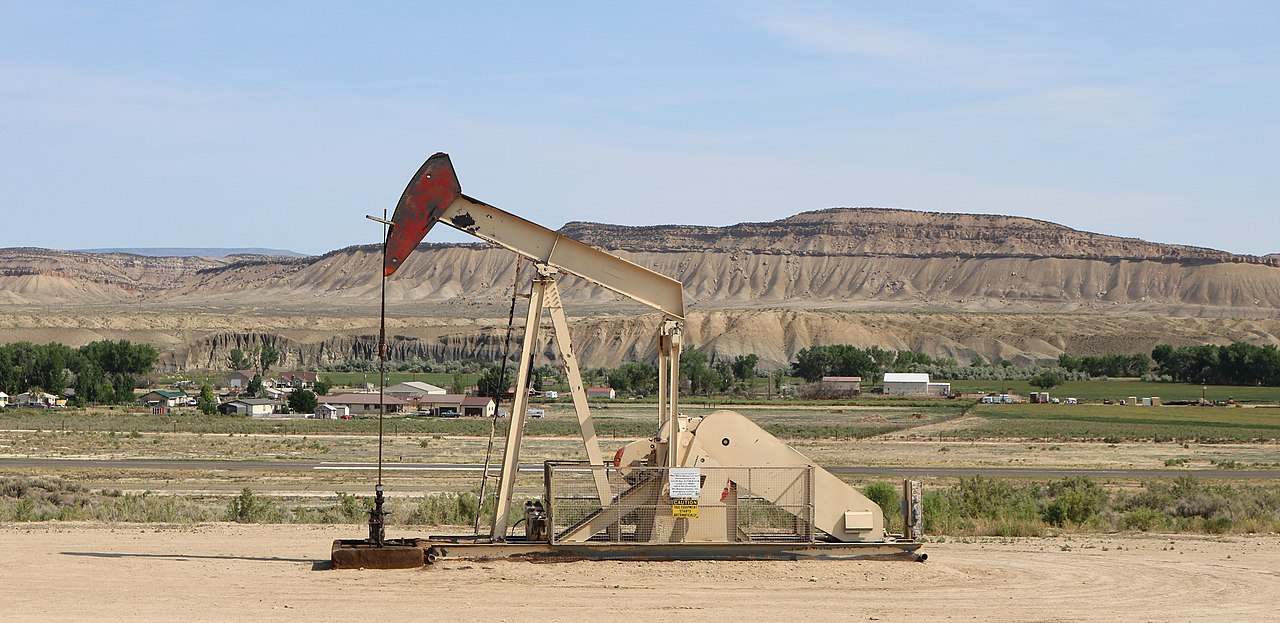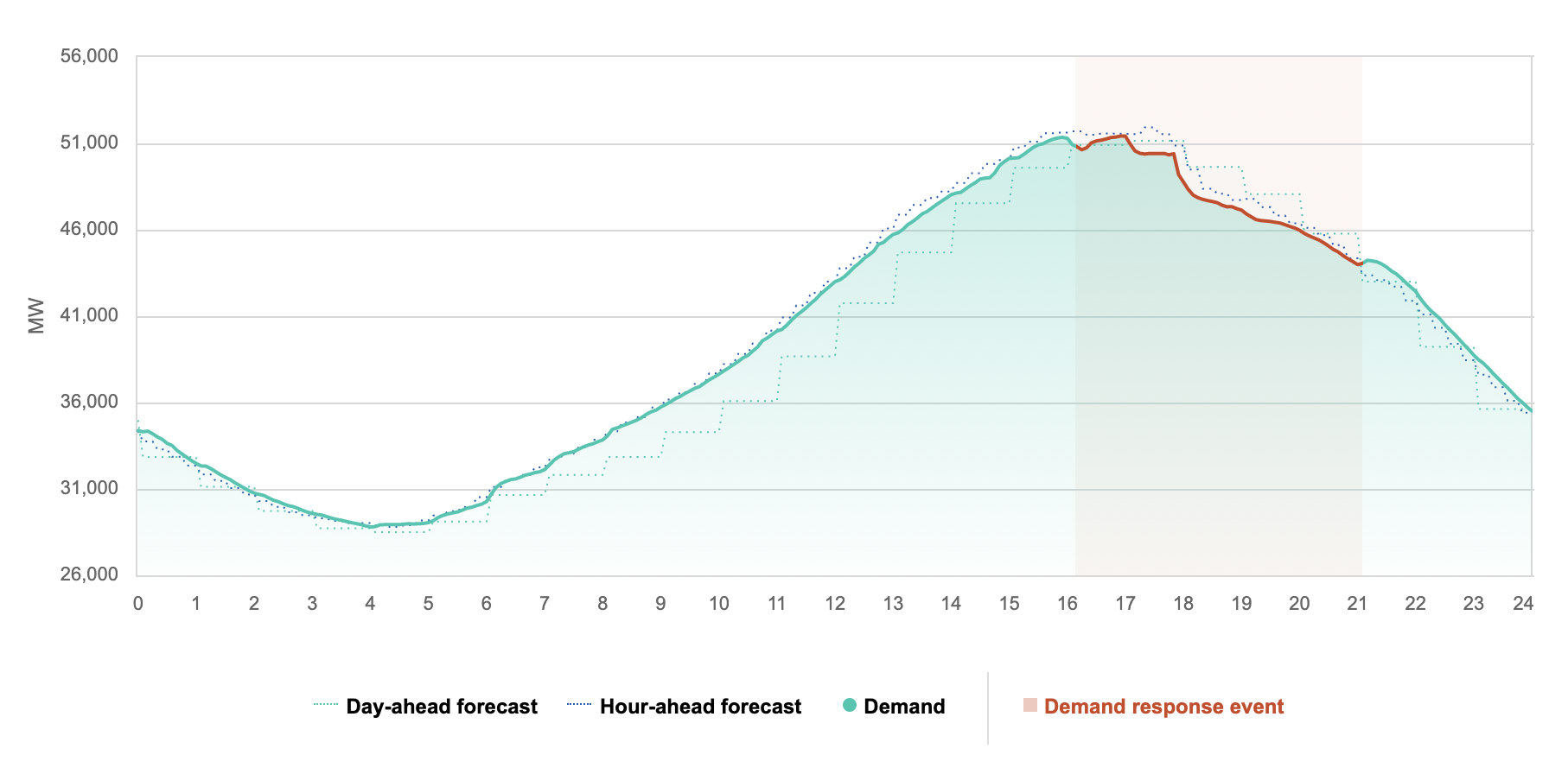
New Report: A Smart Solution
The commitment that Maryland made in 2008 to invest in energy efficiency is starting to pay off. Lower electricity use and lower peak demand have begun to save money for consumers and spurred local economic activity. A Smart Solution explains how consumers will spend $60 million less per year on their power bills as a result of recent energy efficiency investments, and how local businesses have benefited from investments in efficiency.
The commitment that Maryland made in 2008 to invest in energy efficiency is starting to pay off. Lower electricity use and lower peak demand have begun to save money for consumers and spurred local economic activity. A Smart Solution explains how consumers will spend $60 million less per year on their power bills as a result of recent energy efficiency investments, and how local businesses have benefited from investments in efficiency.
The report also explores the benefits that accrue in the form of avoided costs—money that consumers haven’t had to spend on new transmission or generation infrastructure, and money that hasn’t been lost through interruptions in electricity service.
The clearest illustration of this might be what happened during the record-setting heat wave that blanketed the region in July 2011. As residents and businesses cranked up their air conditioners and refrigerators worked non-stop, electricity demand spiked. Such a jump in use could have caused rolling blackouts, bringing economic activity to a halt. That didn’t happen, however, because electricity demand was moderated by utility-run programs to control peak demand and by other investments in energy efficiency.
These financial savings estimates don’t capture the increased comfort enabled by energy efficiency. For example, weatherized homes are less drafty and can be more evenly heated and cooled. A friend who participated in BGE’s Quick Home Energy Audit last spring reports that while her electricity bill hasn’t changed, this was the first summer that all the upstairs rooms in her house were evenly cooled.
Maryland has only just begun to tap its tremendous energy efficiency potential—or the huge financial and economic benefits it can provide.
Topics
Authors
Elizabeth Ridlington
Associate Director and Senior Policy Analyst, Frontier Group
Elizabeth Ridlington is associate director and senior policy analyst with Frontier Group. She focuses primarily on global warming, toxics, health care and clean vehicles, and has written dozens of reports on these and other subjects. Elizabeth graduated with honors from Harvard with a degree in government. She joined Frontier Group in 2002. She lives in Northern California with her son.
Find Out More

Is all computing worth doing?

We have the tools to get off oil. Why haven’t we used them?

California has even more potential to flex our power

